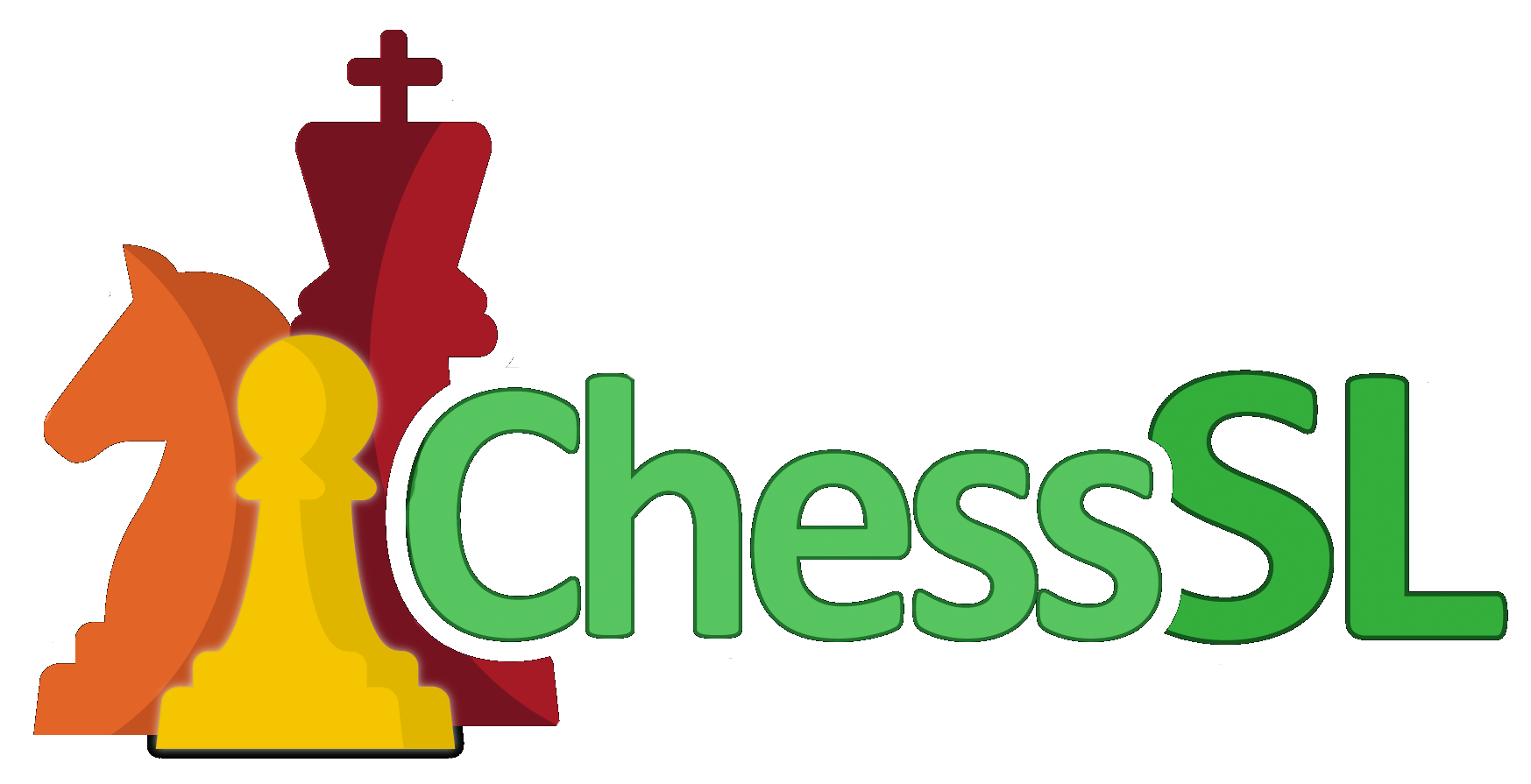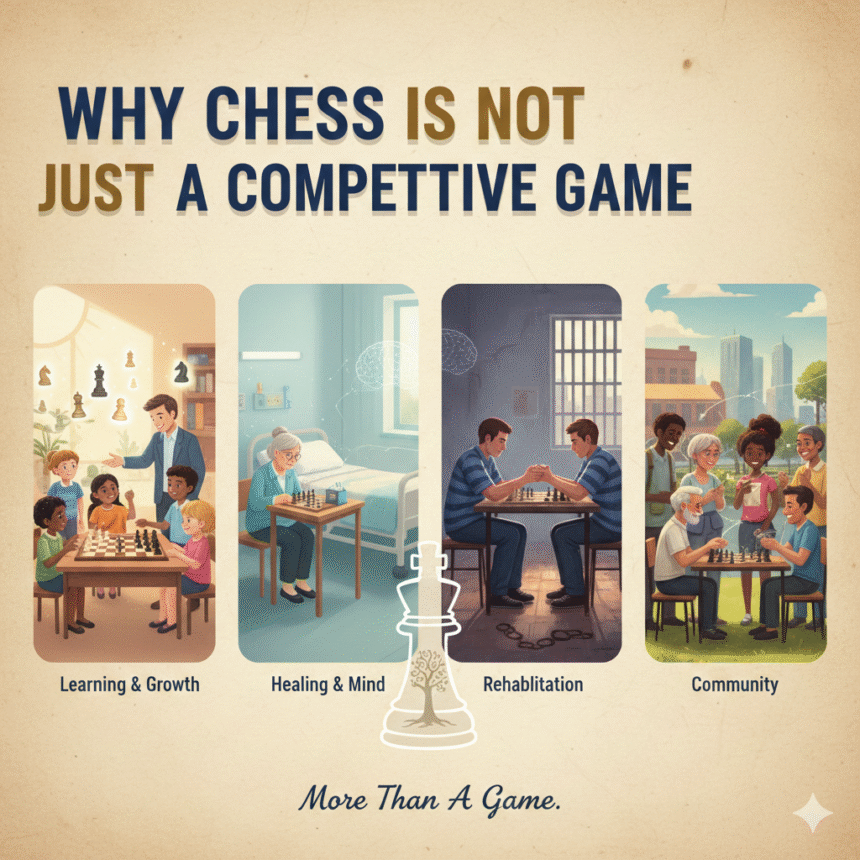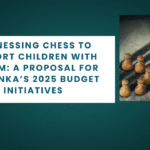Most people see chess as a battle between two players trying to outsmart each other. But this ancient game has found its way into classrooms, hospitals, prisons, and community centers—places where winning doesn’t matter as much as what the game teaches you.
Learning Without Realizing It
Teachers around the world are using chess to help students develop important skills. When a child plans three moves ahead to trap an opponent’s piece, they’re learning strategic thinking. When they lose a game and figure out what went wrong, they’re learning problem-solving.
In many Sri Lankan schools, chess clubs are becoming popular not for creating champions, but for helping students concentrate better. A student who struggles to focus during a math lesson might sit for half an hour thinking about a chess position. The game naturally teaches patience, planning, and logical thinking—skills that flow into every subject.
The beauty is that it doesn’t feel like learning. It feels like playing.
A Tool for Healing
Chess is increasingly used in therapy and mental health programs. For people dealing with anxiety, the game provides a structured way to calm racing thoughts. You must slow down, focus on the board, and think clearly about each move.
In elderly care, chess helps keep minds active and sharp. Older people who play regularly often show better memory and mental agility. Some remember chess games from their youth more clearly than recent events, and playing reconnects them with those memories while exercising their minds.
For children with attention difficulties or learning challenges, chess offers a way to practice concentration in an engaging format. It’s therapy that doesn’t feel like work.
Inside Prison Walls
Perhaps the most surprising use of chess is in prisons. Programs in the United States, Europe, and parts of Asia have introduced chess to inmates with remarkable results.
Chess teaches something crucial that many prisoners never learned: think before you act. Every move has consequences. Rush without thinking, and you lose. Plan carefully, and you have a chance to win.
Prison chess programs report reduced violence, better behavior, and improved inmate mental health. Men and women who spent their lives acting on impulse learn to pause and consider outcomes. Some discover talents they never knew they had. Others simply find a peaceful way to pass time that makes them better rather than bitter.
There’s something powerful about seeing people with violent pasts sitting calmly across a chess board, their only battle fought with wooden pieces. In Sri Lanka, introducing similar programs could offer rehabilitation opportunities beyond just punishment.
Building Community
Chess naturally brings different people together. In parks across Colombo, Kandy, or Galle, you might see young students playing against retired professionals, three-wheeler drivers challenging businessmen, or neighbors who never spoke before becoming regular chess partners.
The game doesn’t care about your education, income, or background. Everyone starts with the same sixteen pieces. A fisherman can beat a doctor. A school dropout can defeat a university professor. This equality is rare in our daily lives.
Community chess clubs create spaces where people from different walks of life share time, conversation, and respect. The game becomes a bridge across social divides.
Lessons That Last
Beyond the specific skills, chess teaches life lessons that stick. You learn that losing isn’t the end—it’s information about what to improve. You learn humility, because even the best players lose sometimes. You learn respect, because you must study your opponent’s position as carefully as your own.
Young people who play chess often develop better decision-making skills. They understand that actions have consequences, that shortcuts rarely work, and that success comes from thinking ahead, not luck.
More Than a Game
Chess proves itself valuable wherever it goes—not because it creates grandmasters, but because it creates better thinkers, calmer minds, and stronger communities.
Whether in a classroom in Jaffna, a park in Negombo, or potentially in rehabilitation programs island-wide, chess offers something special: a simple game that makes complex improvements in people’s lives.
The sixty-four squares hold more than kings and pawns. They hold possibilities for education, healing, rehabilitation, and connection. That’s why chess is not just a competitive game—it’s a tool for building better humans.



